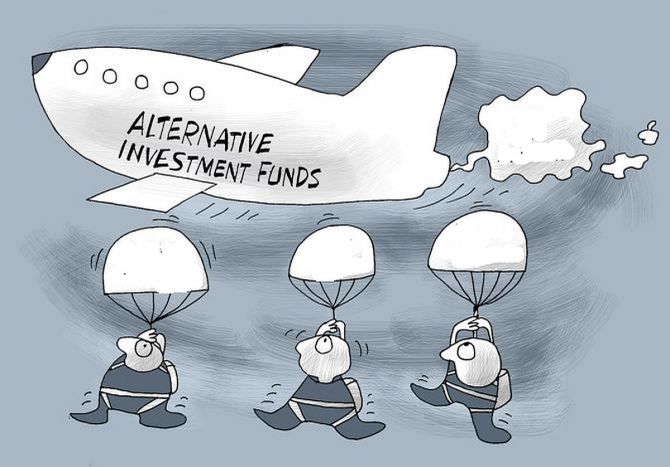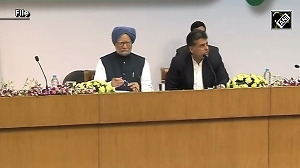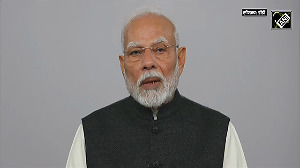Alternative investment funds (AIFs) are yet to fully demat the outstanding units even as the deadline ended on October 31.

Industry players say they are working on the transition from physical to electronic with the depositories Central Depository Services (India) Limited (CDSL) and National Securities Depository Limited (NDSL).
Some said they are hoping for some relaxation from the market regulator Securities and Exchange Board of India (Sebi), given the teething problems they are facing.
Some AIFs have complained that they are yet to receive the unique identification code International Securities Identification Number, or ISIN, despite filing an application.
Sources said Sebi has directed all AIFs to secure at least the ISIN before the deadline, even if the entire transition to demat is not carried out. However, several AIFs are yet to furnish the same.
“We have filed our documents for ISIN but are yet to receive it. We have not been sent any notice yet from the regulator as a defaulter, so we hope some relief might be provided.
"Our confusion on whether any extension will be provided or not persists,” said an AIF official.
“We had shared our issues with the regulator and had discussed our challenges.
"We even had long discussions with the depositories for moving to demat, and the guidelines were issued later by only one of the depositories.
"We hope a glide path is given,” said another industry official.
Several AIFs said the guidelines from NSDL came in the first fortnight of October for dematerialisation, while CDSL is yet to issue any such guideline.
Sebi has mandated all AIFs with a corpus of over Rs 500 crore, demat their outstanding units by October 31.
Further, AIFs will have to issue units only in dematerialised from November 1.
The rationale behind the move is to strengthen the governance mechanisms at AIFs, an investment vehicle used by venture capital, private equity funds, and other pooled funds to invest in the listed and unlisted space across various asset classes.












 © 2024 Rediff.com -
© 2024 Rediff.com -